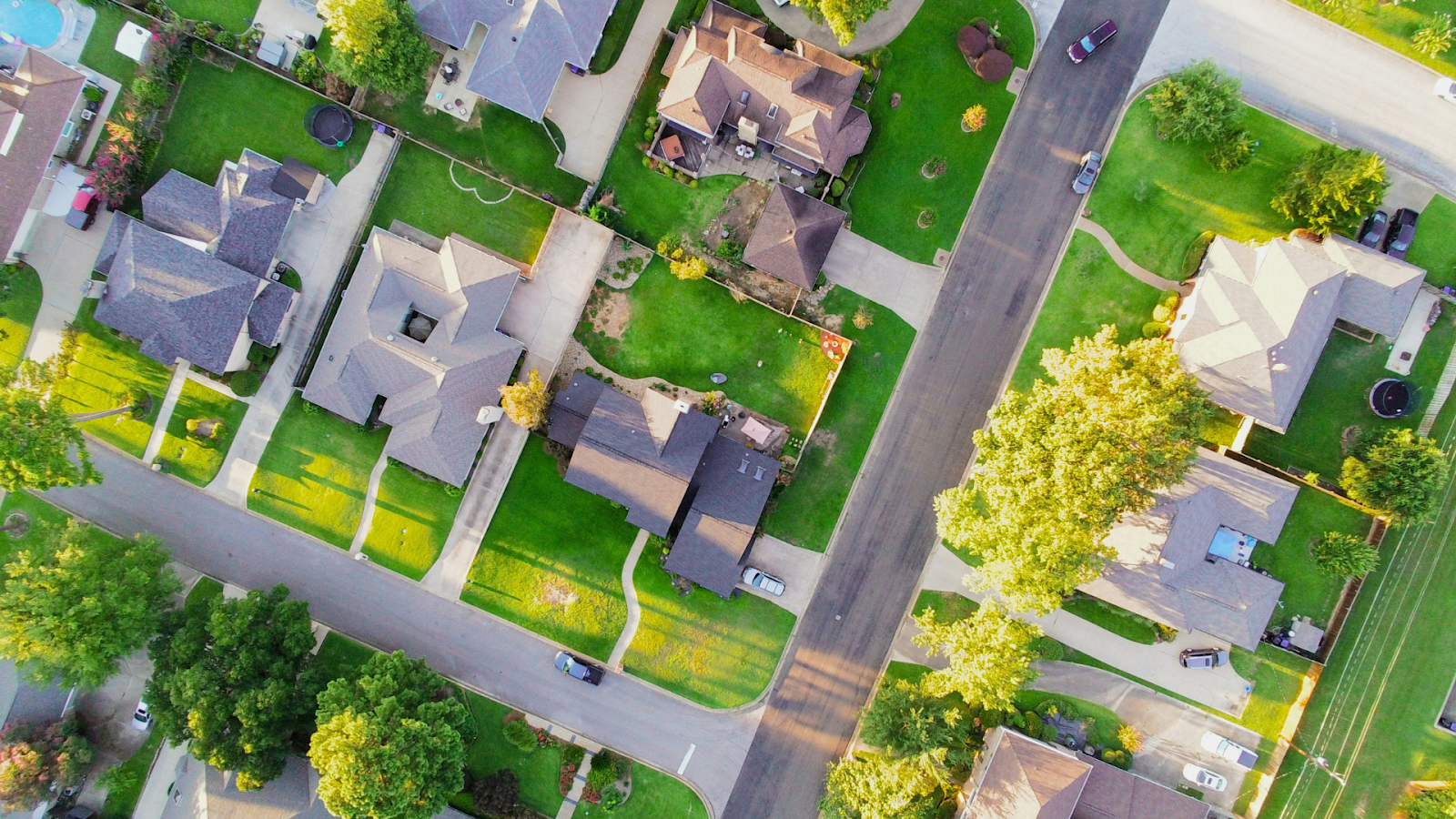Dallas Increases Over-65 and Disabled Property Tax Exemption to $175,000
August 10, 2025

Key Takeaways:
- How the New $175,000 Dallas Exemption Works: The City of Dallas increased the Over-65 and Disabled Homestead Exemption from $134,000 to $175,000, allowing eligible homeowners to reduce their taxable home value and lower their property tax bill.
- Who Qualifies for the Exemption and Why Does it Matter: Homeowners who are 65 or older—or have a qualifying disability—can apply if the property is their primary residence and the ownership and ID records match. These savings help offset rising property values and fixed-income challenges.
- Steps to Apply and Smart Ways to Maximize Savings: Filing the correct exemption forms, reviewing comps, tracking deadlines, and documenting property conditions can lead to long-term savings, especially when combined with additional exemptions.
If you’re a homeowner in Dallas County, understanding your property tax exemptions is a crucial way to protect your investment and save serious money each year. Recent changes have brought great news: Dallas has boosted the Over-65 and Disabled Homestead Exemption to $175,000, offering significant relief for seniors and those with disabilities. But what does this mean for your next tax bill, and how can you make sure you’re benefiting from every dollar you deserve to keep?
Everyone knows Texas property tax laws can be notoriously complicated that sometimes it feels like you require a law degree to decipher them. That’s where Texas Tax Protest comes in. In this guide, we’ll break down exactly how the new Dallas County homestead exemption works, who qualifies, and how homeowners can leverage it to potentially cut thousands from their annual tax bill.
How the New $175,000 Dallas Exemption Works for Seniors and Disabled Homeowners
Recent changes to the City of Dallas homestead exemption bring meaningful financial relief to older adults and disabled homeowners. As of 2024, the exemption for qualifying residents has increased from $153,400 to $175,000. That means more of your property’s value is shielded from taxation, leading to smaller bills and bigger savings. From long-time homeowners looking to stay in place to families caring for aging relatives, this change gives more breathing room where it counts: your monthly budget.
What the Increased Exemption Means
Dallas has raised the Over-65 and Disabled Homestead Exemption from $153,400 to $175,000 for the City of Dallas portion of your property tax bill. This increase allows more of your home’s value to be shielded from taxation, an important change for older adults and disabled homeowners looking to lower their annual expenses.
To put that in perspective, if your home is valued at $300,000, the first $175,000 of that value would be exempt from city property taxes. You’d only be taxed on the remaining $125,000. For many homeowners, this adjustment can lead to hundreds, perhaps thousands, of dollars in savings every year.
Why This Change Matters for Dallas Residents
From rising property values to fixed incomes, financial pressure has grown across Dallas neighborhoods. This exemption offers immediate relief for qualifying residents. If your home’s market value is $218,750 or less, and you qualify for both the 20% general homestead exemption and the $175,000 Over-65 or Disabled exemption, you may owe no City of Dallas property taxes at all.
The new exemption applies only to your primary residence, also known as your homestead. This means second homes, vacation properties, or investment units won’t qualify for this specific tax break.
Who Can Benefit from the New Exemption
To qualify, you must either be 65 or older or meet the state’s definition of a disability. As long as you own the home and it serves as your main residence, you can apply. However, these savings aren’t automatic, so you’ll need to file the appropriate paperwork with your local appraisal district.
While the focus of this change is for Dallas residents, the broader region includes properties across Dallas, Collin, and Denton counties. Likewise, taxable values and exemptions can vary between districts, so our team encourages homeowners to stay up to date with notices from their appraisal office.

Who Qualifies for the $175,000 Over-65 or Disabled Homestead Exemption in Dallas?
To receive the full $175,000 homestead exemption for seniors or disabled homeowners in Dallas, applicants must meet several core criteria. These requirements focus on ownership, residency, and documentation.
- Age or disability status: Homeowners become eligible the moment they turn 65, even if their birthday falls mid-year. Those with a qualifying disability, as defined by the Social Security Administration, also meet the threshold.
- Primary residence requirement: The exemption applies only to your main home. Second houses, rentals, or vacation properties do not qualify.
- Matching address on ID and deed: A Texas driver’s license or state-issued ID must show the same address as the home listed on your exemption application. The property must be your homestead.
- Proof of ownership: Applicants must be listed on the property’s deed or hold a legal life estate. In shared ownership situations, only the eligible individual’s share of the property receives the exemption.
- Application paperwork: Homeowners already receiving the standard homestead exemption can submit an additional Over-65 or Disabled Exemption form to their appraisal district. A new homestead application isn’t required if one is already on file.
Why the $175,000 Exemption Matters for Dallas Homeowners
Rising property values have left many Dallas residents feeling squeezed, particularly those living on fixed incomes. The updated homestead exemption helps ease that pressure. By increasing the exemption to $175,000, Dallas offers qualifying seniors and disabled homeowners a powerful tool to reduce their annual property tax bills and hold on to more of their income.
A Larger Exemption Leads to Smaller Tax Bills
When the appraised value of a home is reduced by a fixed exemption amount, the tax burden shifts with it. Under the new policy, if your home is valued at $400,000, only $225,000 is used to calculate city property taxes. That adjustment can translate to thousands of dollars in long-term savings, especially when combined with the general homestead exemption.
These savings free up income for essential expenses like home maintenance, medical care, or everyday needs. The lower taxable value also helps cushion homeowners from the impact of future tax rate increases, offering a more stable path forward.
Fair Comparisons Keep Valuations Grounded
To get a sense of your potential savings, it helps to look at local appraisal practices. Homeowners often compare their assessed value to similar properties, known as comps. These comparisons take square footage, age, location, and unique features into account.
For example, if a nearby property includes a pool or recent renovations, adjustments are made to account for those differences. This kind of value-based math creates a fairer starting point for tax calculations and gives you more control during a protest.
Texas Tax Protest Helps You Stay Ahead
Property tax rules can shift quickly, and local updates like this one can get lost in the shuffle. At Texas Tax Protest, our team keeps track of the fine print so you don’t have to. We walk Dallas homeowners through every exemption opportunity, helping them better manage their tax outlook year after year.

Steps to Apply for the Over-65 Property Tax Exemption
Navigating the process of applying for the Over-65 property tax exemption in Dallas County doesn’t have to be daunting. A straightforward application can help significantly lower your property tax bill and give you peace of mind as you plan your finances. Here’s how to get started:
1. Confirm Your Eligibility
You must be 65 years of age or older during the current tax year, and the home must serve as your primary residence. A Texas driver’s license or state-issued ID with the same address as the property will be required to verify your eligibility.
2. Get the Correct Application Form
The Dallas Central Appraisal District (DCAD) provides Form 50-114, the Application for Residential Homestead Exemption. You can download it from the DCAD website or pick up a copy in person at their office.
3. Gather Supporting Documents
Before filling out the form, locate your legal property description and appraisal account number. These details appear on your annual tax statement or property appraisal notice.
4. Complete and Submit Your Application
Fill out the form carefully and complete every section that relates to the Over-65 exemption. Once finished, you can submit your application by mail, online, or in person. Double-check for any missing information to avoid delays.
5. Await Written Confirmation
After your application is reviewed, DCAD will send written confirmation of your exemption status. In some cases, they may follow up and request additional documentation.
6. Watch for Exemption on Your Bill
After approval, the $175,000 over-65 exemption will be reflected on your annual property tax statement, lowering your taxable value and reducing your property tax bill accordingly. Adding the Over-65 exemption can be a game-changer for Dallas homeowners. Armed with documentation, a completed form, and attention to detail, the process can be relatively stress-free.
This exemption can make a meaningful difference in how you plan your household expenses. Our team is here to help you stay ahead of important deadlines and paperwork so you can take full advantage of every tax-saving opportunity available to you.
Smart Ways to Maximize Your Property Tax Savings in Dallas County
Planning ahead can help you secure meaningful tax savings. From filing exemptions to reviewing your home’s assessed value, these steps can help Dallas homeowners keep more of their money.
- Start with your homestead exemption: Make sure your property qualifies as your primary residence and that your homestead exemption is active. This basic exemption reduces your taxable value and applies to more than just recently purchased homes.
- Take advantage of the Over-65 or Disabled exemption: For qualifying seniors and homeowners with disabilities, Dallas now offers a larger exemption. Submitting the correct paperwork allows you to shield a larger portion of your home’s value from taxation.
- Check for other exemptions that apply: Some residents, such as veterans or surviving spouses, may qualify for additional exemptions. These savings can stack and make a difference on your bill.
- Review your annual appraisal with a critical eye: Compare your home to similar properties nearby. Look at square footage, age, features, and recent updates. Then, use basic math to adjust values, subtracting things like a pool or extra garage space, to create a more accurate comparison.
- Keep documentation updated and organized: Any major repairs, storm damage, or unfinished renovations can influence your assessed value. Take photos and hold on to invoices or insurance records so you’re ready if a protest becomes necessary.
- Set a yearly reminder for key deadlines: Exemption forms and appraisal protests have strict cutoffs. Mark your calendar each year and stay current with updates from your appraisal district to avoid missing out on savings.

Final Thoughts
The increased homestead exemption in Dallas County marks a meaningful step forward for seniors and disabled homeowners seeking property tax relief. While these changes can feel complex at first, they create real opportunities to hold on to more of your income, especially when paired with the right strategy.
As exemption amounts rise, so does the value of staying informed. Filing on time, reviewing your appraisal, and claiming every exemption you’re eligible for can lead to long-term savings and greater financial peace of mind. Our team is here to guide you through each step. We combine local expertise with hands-on service to make the process feel less like a burden and more like a win. When tax laws shift, we help you stay one step ahead.
Read more:
- The True Cost Of Homeownership: It’s More Than Just Your Mortgage
- Texas Vs. California Property Taxes: Which State Hits Your Wallet Harder?
- Home Equity Loan Vs HELOC: Breaking Down The Pros, Cons, And Use Cases
Frequently Asked Questions About the New Dallas County Homestead Exemption
When does the increased property tax exemption in Dallas take effect?
The boosted $175,000 property tax exemption for over-65 and disabled homeowners in Dallas takes effect for the 2024 tax year. This means the exemption applies to tax bills you’ll receive for the 2024 calendar year and beyond.
Can the exemption be applied to property tax bills retroactively?
No, the increased exemption does not apply retroactively. Any property taxes assessed before the 2024 tax year remain subject to the prior exemption limits. Only property tax bills calculated from 2024 onward can receive the new $175,000 exemption amount.
Who can benefit from the increased Dallas property tax exemption?
Homeowners in Dallas who are age 65 or older, or those who qualify as disabled under Texas law, can benefit from the new $175,000 property tax exemption. The exemption is applied to a homestead property, meaning your primary residence within Dallas County.
Are there income restrictions for the Dallas property tax exemption?
No income restrictions apply for the Dallas County homestead exemption for seniors or disabled homeowners. Eligibility is determined by age or disability status and ownership of a qualifying residence, not by income level.
Are surviving spouses also eligible for the $175,000 exemption if their partners are over 65 or disabled?
Yes, surviving spouses of homeowners who qualified for the over-65 or disabled exemption can continue to receive the $175,000 exemption if they are at least 55 years old at the time of their partner’s passing, occupy the home as their primary residence, and remain unmarried.
Can Dallas homeowners receive both the over-65 exemption and the homestead exemption?
Yes! The Dallas County homestead exemption for over-65 or disabled homeowners stacks with the general homestead exemption. Qualifying homeowners can take advantage of both, reducing taxable value by both exemption amounts. This dual benefit helps lower your overall property tax burden, making the most of your hard-earned money.
Sources:
- City of Dallas. City of Dallas increases Over-65 or disabled property tax exemption to $175,000. https://www.dallascitynews.net/city-of-dallas-increases-over-65-or-disabled-property-tax-exemption-to-175000
- Texas Comptroller of Public Accounts. Property tax exemptions. https://comptroller.texas.gov/taxes/property-tax/exemptions/











